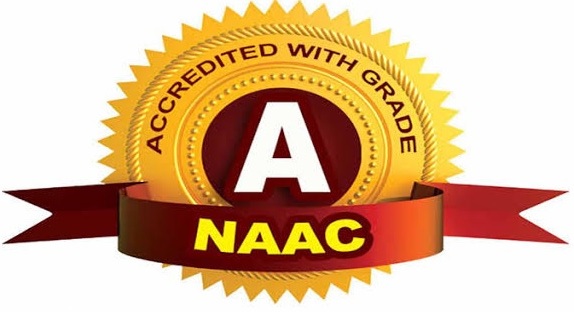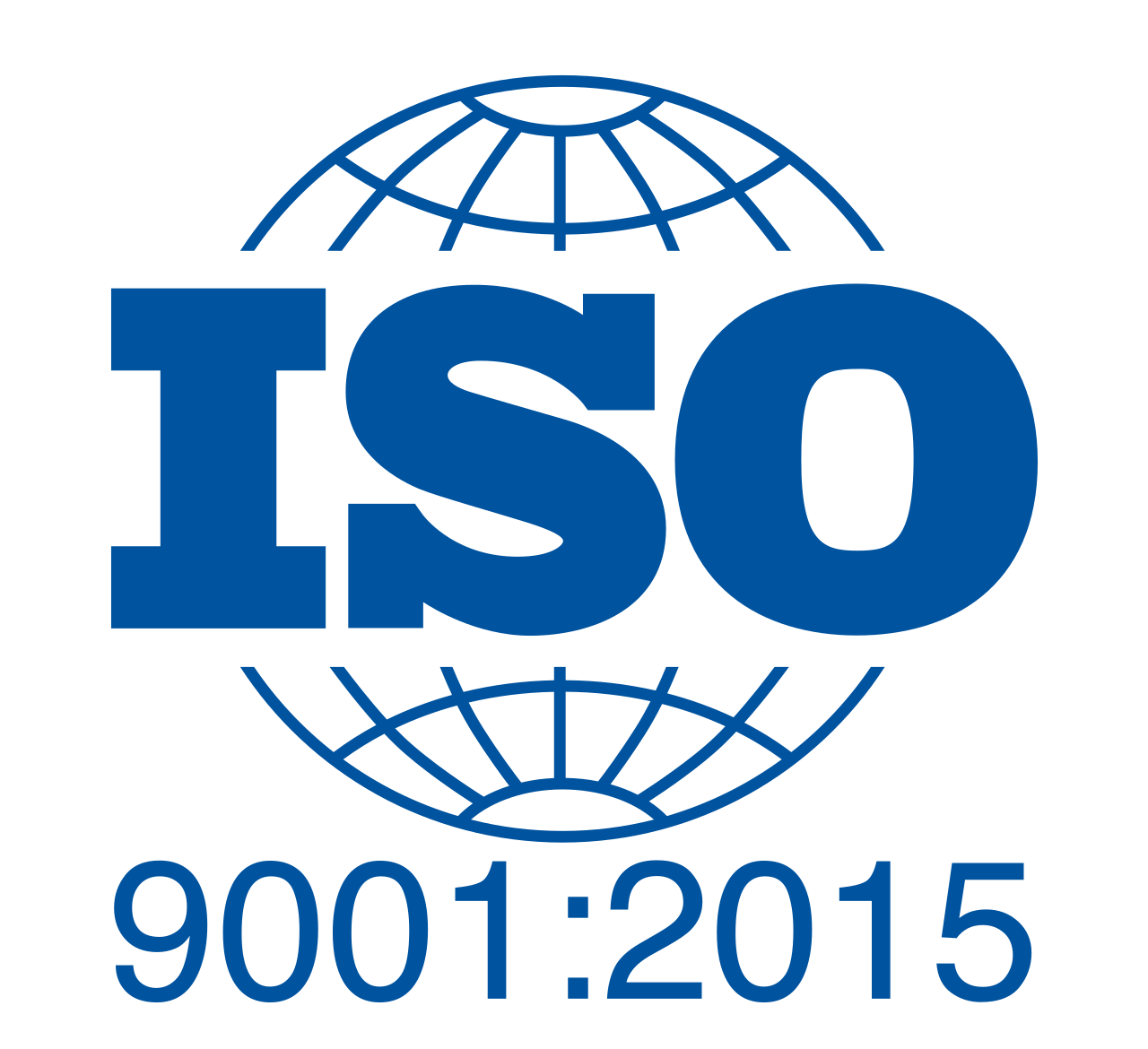
Department Of Nephrology and Kidney Transplantation
About the Department
Dept of Nephrology was started in the year 2006 .The department of Nephrology was started in the year 2006 with bd strength of 20 beds for nephrology ward and 20 beds in dialysis and 8 beds in post kidney transplant ward. Nephrology dept is a 24/7 working dept handling round the clock emergencies like acute kidney injury, rapidly progressive renal failure, nephritic syndrome, chronic kidney disease, kidney transplantation cases.
The department is equipped with 25 hemodialysis machines, one CRRT machine along with continuous ambulatory peritoneal dialysis (CAPD) services, kidney Biopsy facilities for RPRF and nephritic syndrome cases, acute peritoneal dialysis facilities for some AKI cases and pediatric AKI case

Faculty Members
HODEmail : [email protected]

MEMBERSHIP :
- Life member “Indian society of Nephrology” (LM – 1224)
- Life member “Andhra Pradesh society of Nephrology”
- Member “American society of Nephrology”
- Life member “Indian Medical Association” (IMA)
- Fellow of American Society of Nephrology
- Fellow of International Medical Sciences Academy
Current Position :
- Professor &Head, Nephrology, Narayana Medical College, Nellore
- Former Executive committee member from A.P-ISN-Southern Chapter
- Former General Secretary,APSN
Clinical Experience :
17 years of experience in Nephrology practice, Kidney transplantation, Hemodialysis and Peritoneal Dialysis.
Publications :
About 20 publications in Reputed National & international Journals
Invited Lectures :
Took part as Invited speaker in Regional , National and International conferences and CME programs
Session Chaired :
Chaired several Lectures, Debates and free paper sessions at Zonal and National Conferences
Awards :
“Most promising Nephrologist and Transplant Physician in Andhra Pradesh” by International Health care Summit & Awards 2016.

- D.M. Nephrology from Osmania Medical College (2008-2011)
- Certificate of excellence for outstanding Performance in DM Nephrology and university gold medal -NTR UHS -2011.
- Post DM experience: 7 years (3years in corporate hospitals 4years in Narayana medical college.)
- Member of Indian Society of Nephrology.
- Good experience in management of AKI, Dialysis and Kidney Transplantation.
- 3 Publications in international Nephrology journals
- Chaired and presented in number of CME’S and Conferences.

Qualification :
| M.B.B.S | 2000-2006 | Kurnool Medical College, Kurnool |
| M.D General Medicine | 2008-2011 | Andhra Medical College, Visakhapatnam. |
| D.M Nephrology | 2013-2016 | NIMS(Nizam Institute Of Medical Sciences), Hyderabad. |
Present designation :
Assistant Professor, Narayana Medical College
Post DM experience :
4 years ( 1 yr in NIMS , 3 yr in Narayana Medical College)
Experience in renal transplantation and peritoneal dialysis.
Publications :
one national and one international.
Presented various free papers, posters and talks at national and state conferences.
Senior Residents :
Dr. Thejaswini, MD
Dr. Spandana, MD
Dr. Bhavya, MD
Nephrology Staff :
Dialysis Technicians– 12
Dialysis Nurses– 09
Nephrology ward Nurses – 06
KTU staff – 09
Activities of the Department :
Patient care
- Nephrology OPD: Monday to Saturday 8AM – 5 PM
- Emergency – Round the clock 24/7
Specialty Clinics
- Pediatric nephrology clinic
- Diabetes kidney disease clinic
- Post transplant clinic
- Nephro – urology clinic
- Hypertension clinic
Services Offered :
We provide comprehensive tertiary care to patients with kidney disease and hypertension.
1.Out Patient Services:
Clinical assessment of the patients followed by appropriate investigations such as urine, blood & ultrasound abdomen are ordered. Based on the reports and clinical judgment appropriate diagnosis is made and further care is provided to the patients.
2.Dialysis Services
Patients with end stage renal disease are advised to undergo renal replacement therapy such as hemodialysis, peritoneal dialysis and kidney transplantation.
Advantages & Disadvantages of each modality are discussed with patients and their relatives before being taken up for renal replacement therapy
A .Hemodialysis
This procedure is performed by a dialyzer that filters the blood. Blood is drawn from the patient via a central line or AV fistula and connected to the tubes that carry the blood to the dialyzer where filtration of the waste products occurs and the purified blood is returned to the patient. We have 22 hemodialysis machines and one CRRT machine to perform this procedure. 3 machines are dedicated to the Hepatitis B&C positive cases. This procedure is done by qualified technicians and dialysis nurses under the supervision of Nephrologists.


B.Plasmapheresis
We also perform Plasmapheresis (special form of dialysis for certain kidney diseases and neurological diseases)
C. Hemoperfusion
Itis a procedure in which a charcoal filter is used to remove toxins and poisons from blood.
D.CAPD(Home Dialysis)
Peritoneal dialysis catheter is inserted in to the abdominal cavity by Percutaneous method or by open method in the operation theatre. PD fluids are infused into the abdominal cavity through the catheter, and fluid left in the abdomen for a period of 3-4 hrs during which time urea, creatinine and other waste products from the blood move into the peritoneal fluid. The fluid is then drained out. This procedure is repeated 3-4 times a day as prescribed.
Patients and their relatives are trained to infuse and drain out the fluid few times every day. Patients can undergo this type of dialysis at home and carry on with their regular activities. This also allows freedom of travel to these people .Peritoneal dialysis can also be done with the help of a machine, at night, when the patient is sleeping.

E.CRRT
Continuous Continuous renal replacement therapy (CRRT) is a dialysis modality used to treat critically ill, hospitalized patients in the intensive care unit (ICU) who develop acute kidney injury (AKI). This procedure is done for 2-3 days, especially in the case of hemodynamically unstable AKI patients.
Advantages of CRRT are
- Continuous, gentle removal of excess metabolic waste products
- Prevents fluid accumulation that leads to fluid overload
- Delivers continuous nutritional support without concern for fluid restrictions.
- Optimized drug dosing is easy
- Higher rate of renal recovery and improve patient survival rates

3.Kidney Transplantation
Transplantation is the best modality of treatment for ESRD patients. We have a comprehensive renal transplant programme. We perform both live and cadaver transplantation. We have a state of art kidney transplant unit for post operative care.
Types of kidney transplantation done in this centre are
Living Donor Kidney Transplantation (Related)
Deceased donor kidney transplantation (brain death donor)
The one year patient survival rate is 98% and the five year survival rate is 85% in this institute which is on par with the international standard.


4.Kidney Biopsy
We perform Percutaneous renal biopsies regularly for both native kidneys and allograft.
Eg: Increased protein loss in urine like nephrotic syndrome, Steroid resistant nephrotic syndrome, Rapidly progressive renal failure, Lupus nephritis, unexplained nonrecovering AKI and Graft dysfunction cases.

5.Tunnelled Central Vein Cather Placement
It can serve as an permanent access for dialysis patients who have multiple AV fistula failure. It can be used for months to years.


6.Ultrasound guided Needle directed Thrombolysis of AVF
It’s a vascular intervention to salvage the thrombosed AV fistula
Urokinase is injected into the thrombosed part of the fistula with multiple needles inserted under USG guidance.

7.Angioplasty for central vein stenosis
Central vein stenosis leads to swelling of the limb & poor flow in the AV fistula. If not intervened early it may result in failure of the fistula.
The image showing angioplasty of the central vein with restoration of flow

8.Patient education
In addition to diagnosis and treatment we provide education regarding lifestyle modifications, nutrition and importance of compliance to drugs and treatment to patients and their families.
Highlights of the Department:
The Nephrology department of Narayana medical college & hospital is doing its best from the time of inception. The department provides all the facilities required for patient care on par with the corporate hospitals in the metropolitan cities. Besides patients care it has D.M post graduate teaching programme to train the students in the field of Nephrology. It also provides diploma in dialysis technology course and trains the students for carrying out hemodialysis and peritoneal dialysis.
- The Nephrology department, Narayana medical college & hospital is the only private medical college providing DM Nephrology post graduation course in the state of Andhra Pradesh.
- This is the only medical college in Andhra Pradesh, which has permission to train 30 students for diploma in dialysis technician courses.
- Narayana medical college & hospital in Andhra Pradesh is carrying out both live related and cadaver kidney transplantation programme with a fair success rate and at an affordable price
- In the kidney transplant programme the immediate post transplant success rate is 98% and the long term survival rate is 85%.
- The Nephrology department actively participates is the zonal and National conferences of the nephrology society by presenting posters and oral papers.
- The department under the able guidance of Dr.K.Praveen Kumar conducted several health camps, patient awareness programmes and screening programmes for patients every year on world kidney day.
- The department regularly conducts several guest lectures, CME programmes, state conferences etc.
Awards & Medals:
- Dr.NTR- UHS gold medal award for outstanding student in the university DM examination in the state for 2013 – Dr.S.Pavani
- Dr.NTR-UHS gold medal award for outstanding student in the university DM examination in the state for 2015 –Dr.P.Thejokrishna
- Dr.Praveen Kumar was awarded “Most promising Nephrologist and Transplant Physician in Andhrapradesh” by International Health care Summit & Awards 2016.
- The Nephrology Department was awarded “BEST PERFORMING SPECIALITY” by Dr.NTR Vaidya Seva Trust, Government of Andhra Pradesh for the year 2017

Faculty Details
- List of Teaching Staff
- List of Non – Teaching Staff
- Academic Schedule
COURSES OFFERED
Copyright © . Narayana Medical College & Hospital. All rights reserved.



 CINEC
CINEC